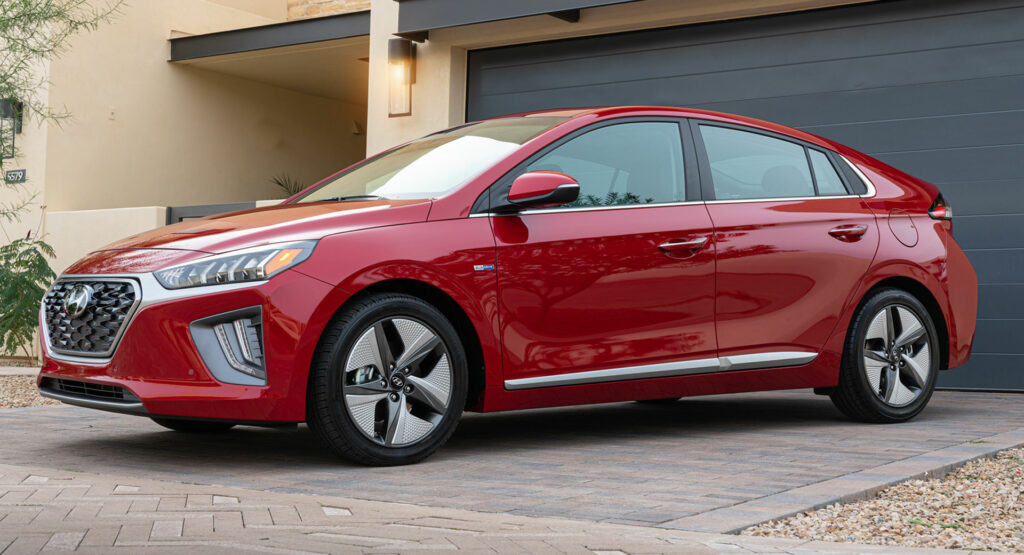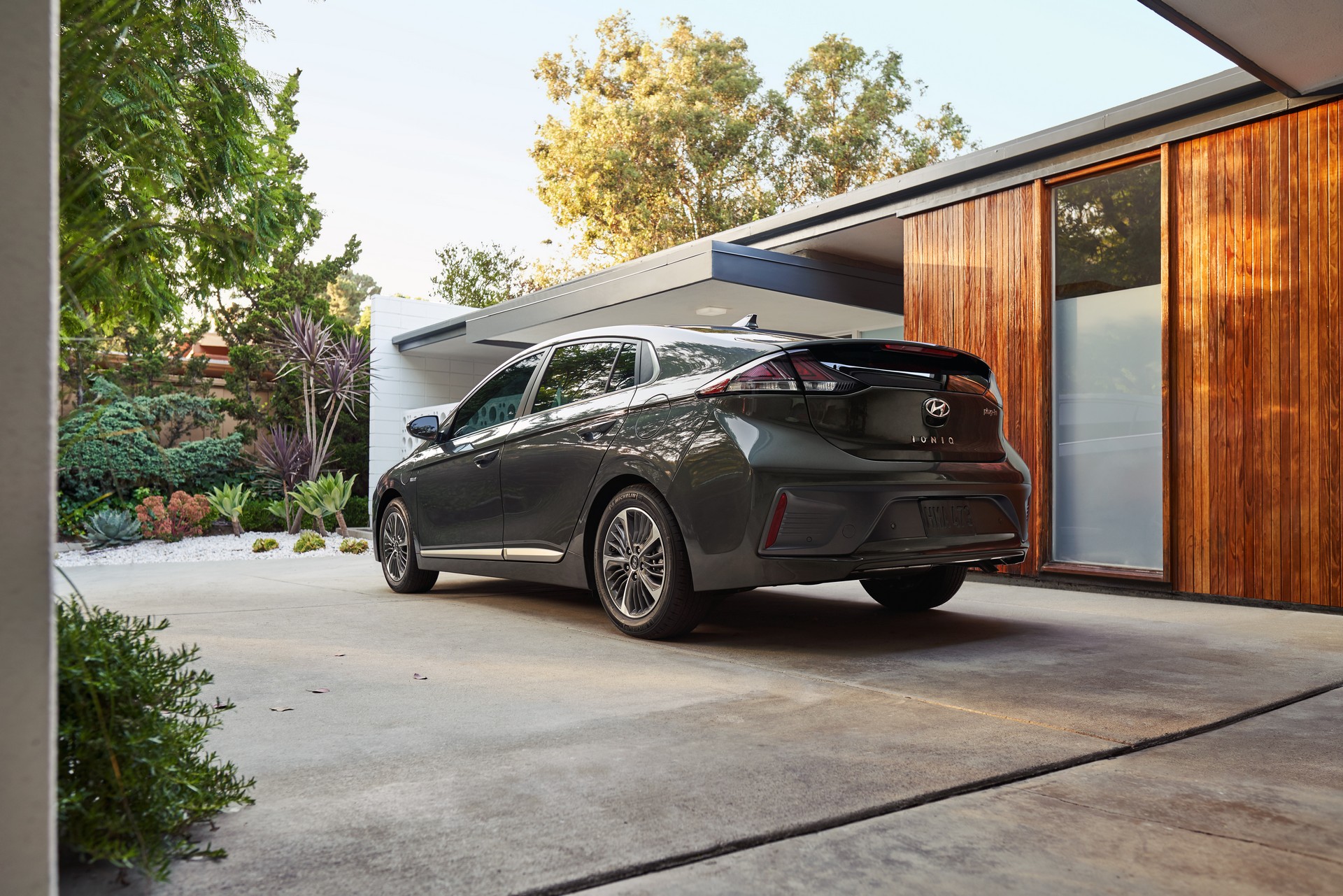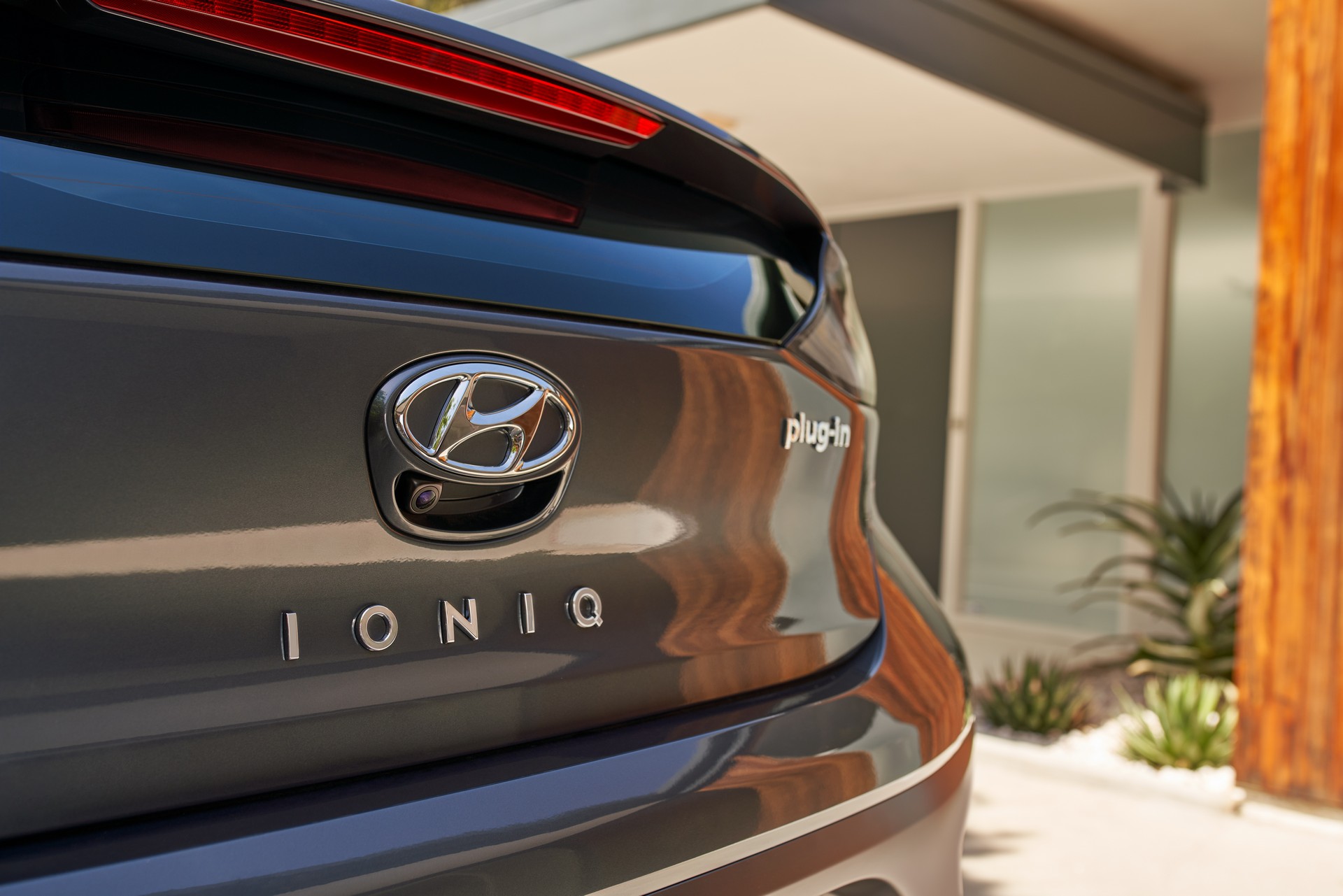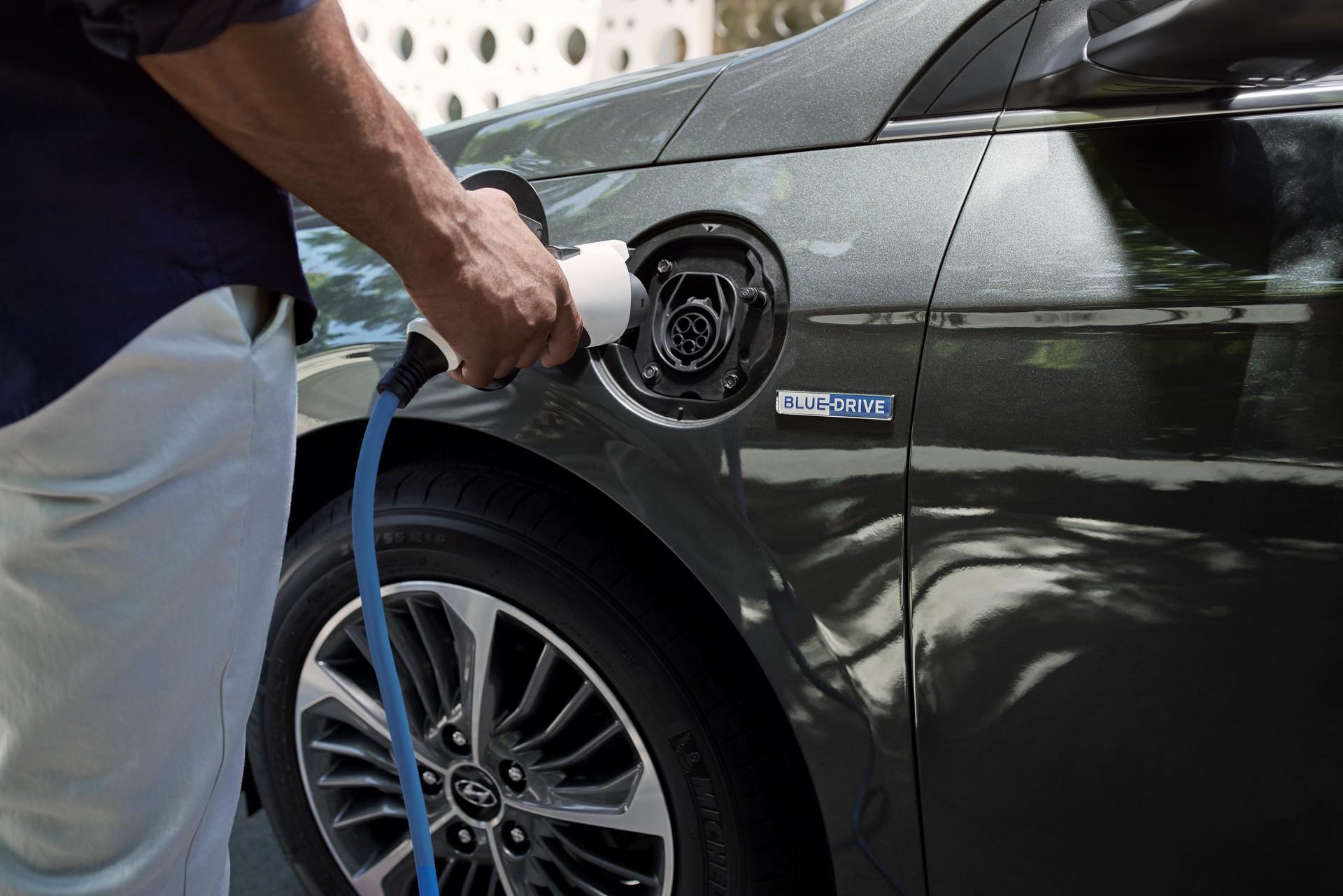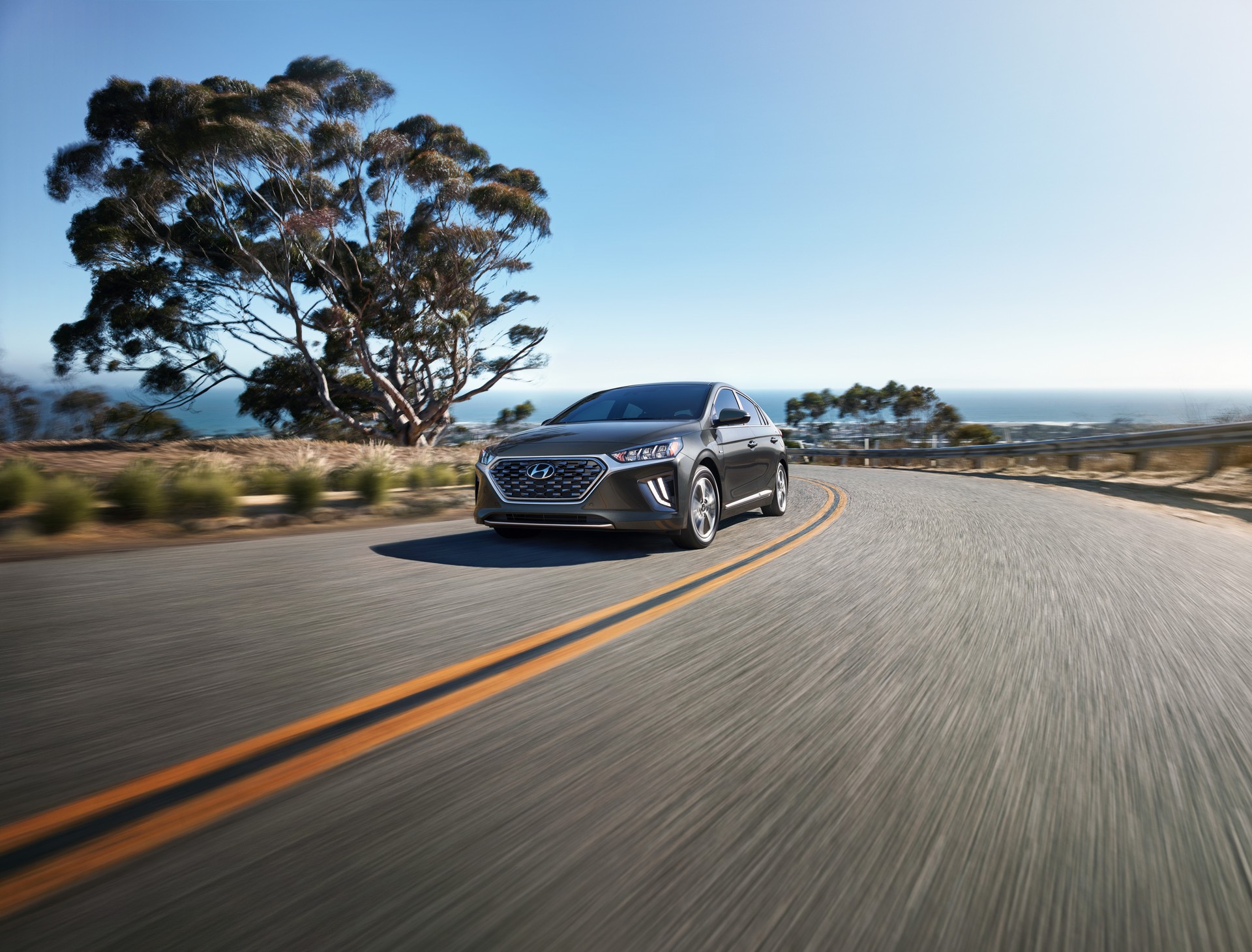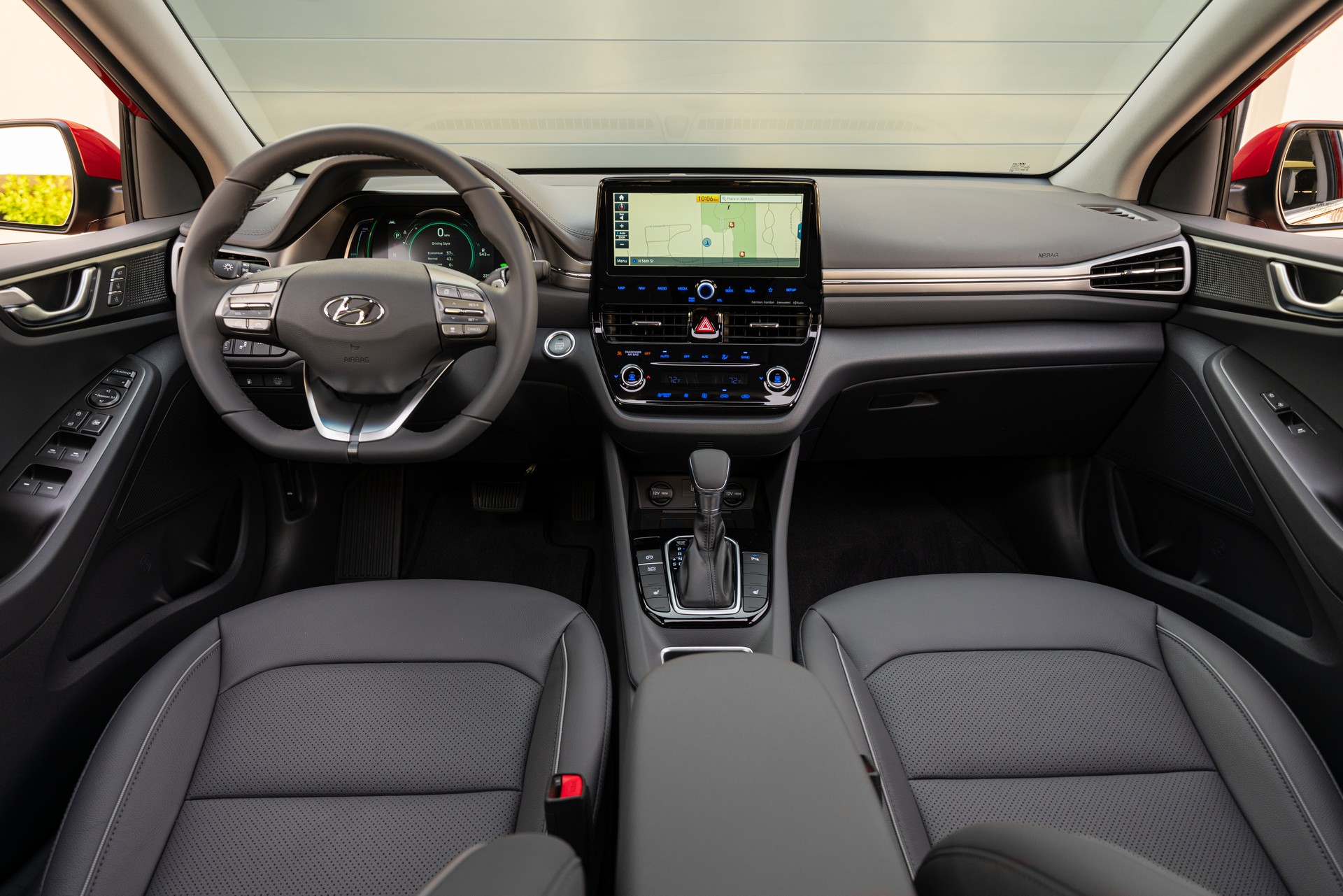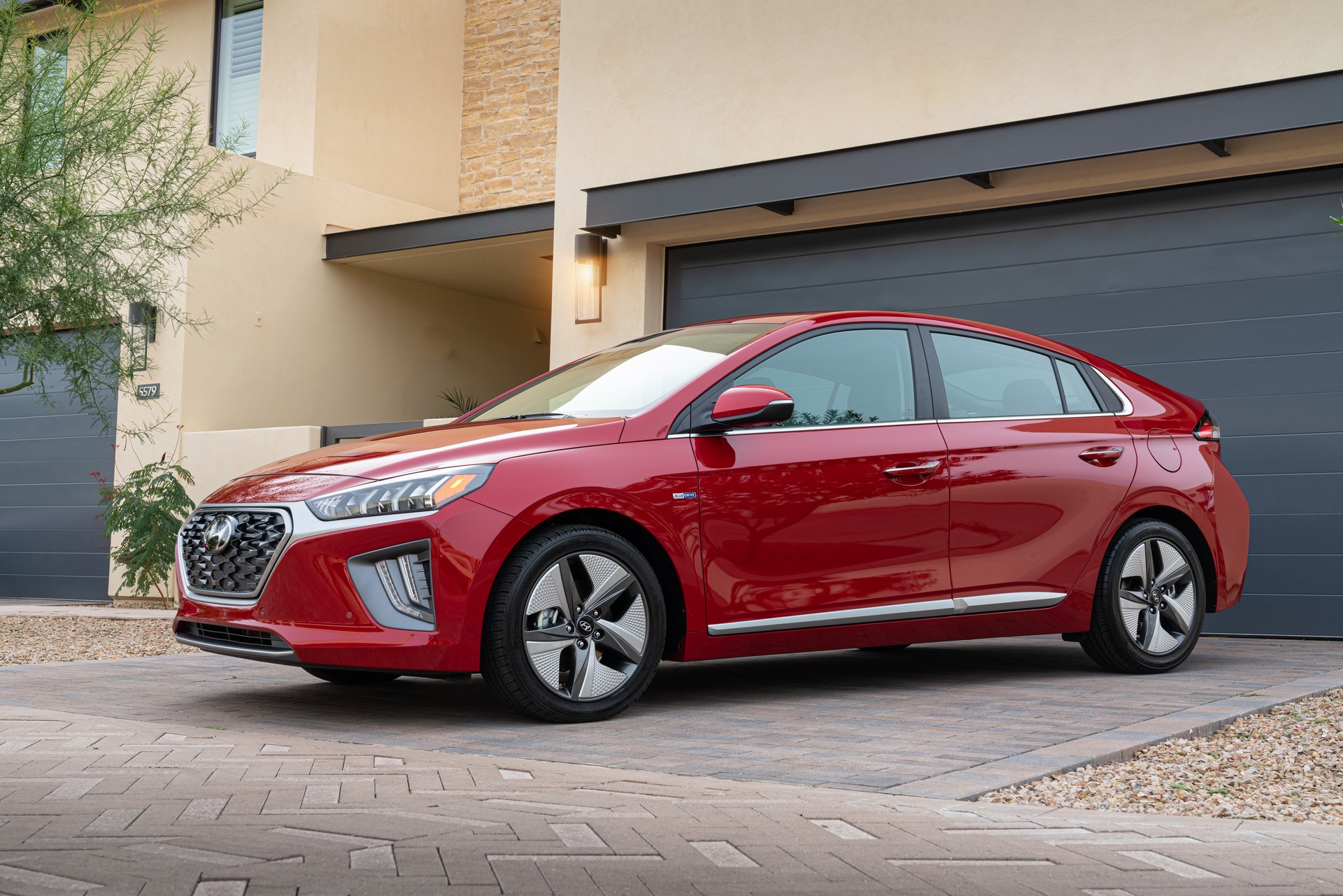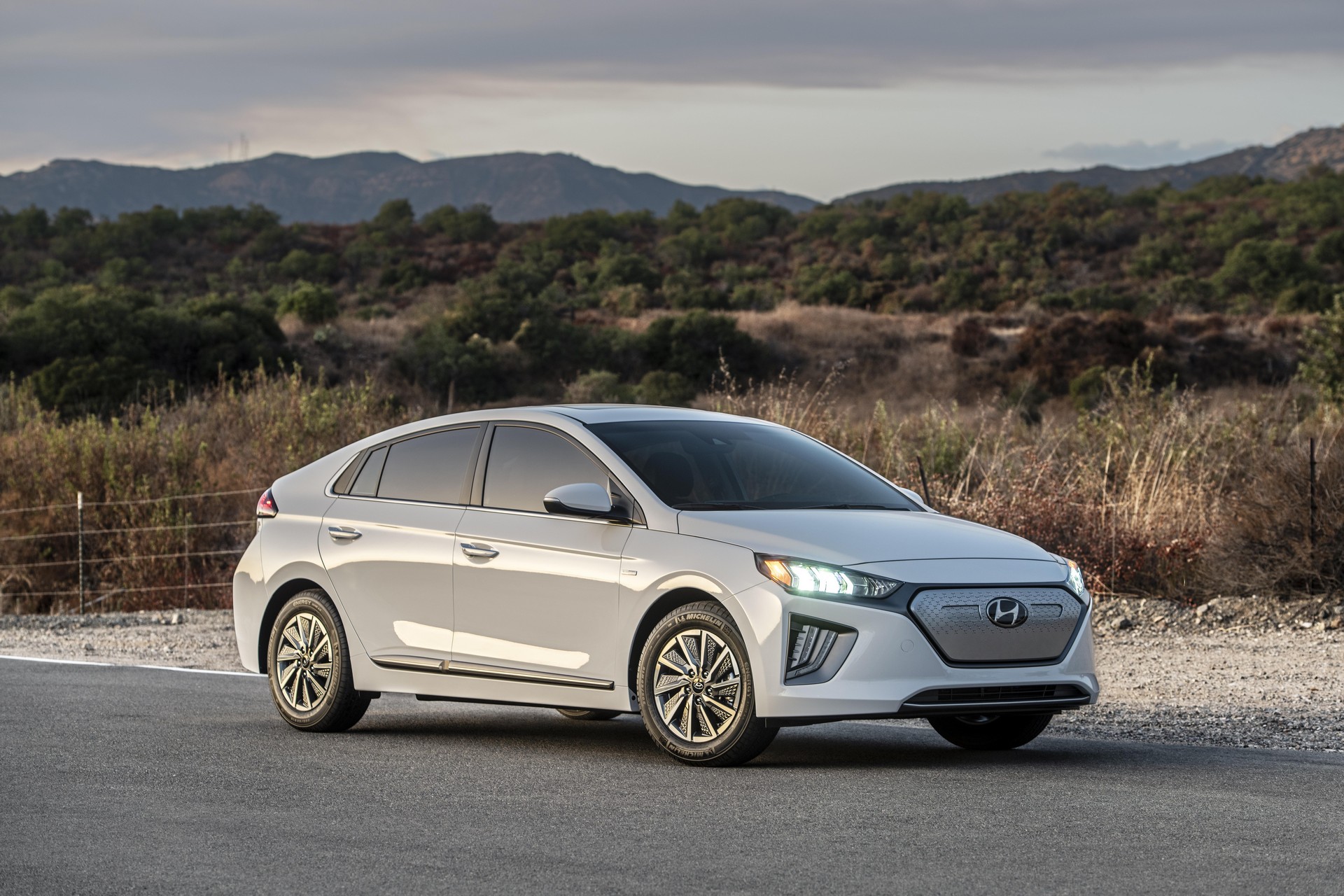The original Hyundai Ioniq is reaching the end of the road as production will end at the company’s plant in Ulsan, South Korea next month.
While the Ioniq wasn’t a huge sales success, the company noted it became the world’s first car to offer three electrified powertrains – hybrid, plug-in hybrid and battery-electric – when it was launched in 2016. As a result, its death will “mark the end of a significant chapter in Hyundai’s recent history.”
The model was previewed by the i-oniq concept, which debuted at the 2012 Geneva Motor Show as an “electric sports hatchback with a range-extending petrol engine.” This setup enabled the concept to travel 74 miles (120 km) on electricity alone and up to 435 miles (700 km) altogether.
Also Read: The 2023 Hyundai Ioniq 6 Is Shaping Up To Be An Electric Head Turner
The concept eventually gave way to a production model, which offered three different powertrains. The Ioniq Hybrid and Plug-In Hybrid had a 1.6-liter four-cylinder engine and an electric motor that produced a combined maximum output of 139 hp (104 kW / 141 PS).
While the powertrains were similar, the plug-in hybrid variant eschewed the 1.56 kWh battery for a larger 8.9 kWh unit that allowed for an electric-only range of 29 miles (47 km). The hybrid, on the other hand, offered a fuel economy rating of up to 58 mpg city, 60 mpg highway, and 59 mpg combined.
The EV was dropped in the United States for 2022, but the 2021 model had a 38.3 kWh battery that powered an electric motor developing 134 hp (100 kW / 136 PS) and 218 lb‐ft (295 Nm) of torque. This gave the Ioniq Electric an EPA-estimated range of 170 miles (274 km), which bested the entry-level Nissan Leaf but fell far short of the 259 mile (417 km) Chevrolet Bolt.
While Hyundai said there will be “no direct successor to Ioniq,” the model will effectively be replaced by the Ioniq 6.








